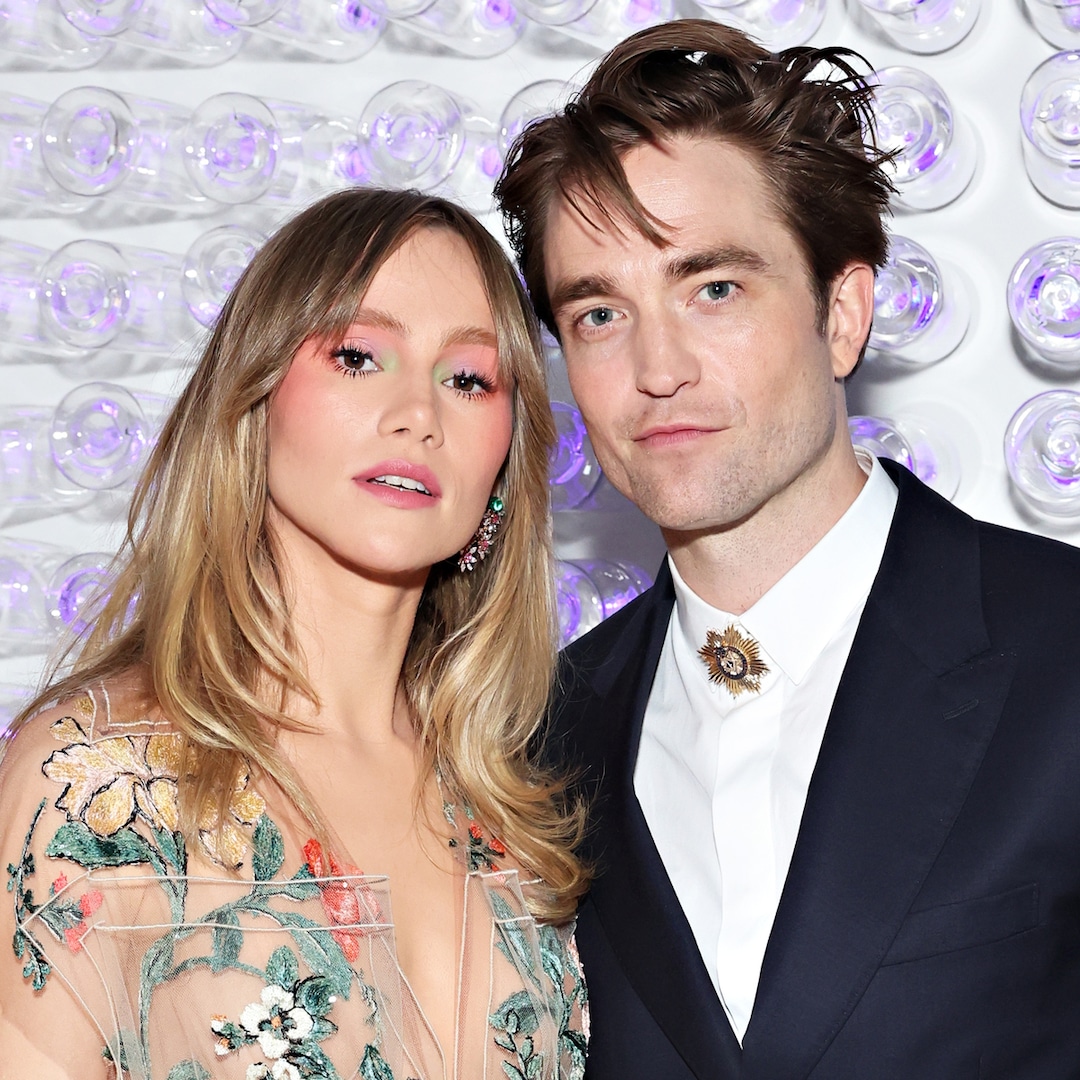Caroline Dubois – Capa Drama / Banijay Studios France / Les Gens / Canal+ via PBS
Cosmetics would’ve served another purpose as well, according to the makeup artist, who said it helped “mask the conditions.”
At the time, cosmetics were formulated with lead—a toxic metal known to cause high blood pressure, kidney damage and other health issues, per the World Health Organization. In particular, the most popular skin whitener used among royals and other aristocrats was called Venetian ceruse or Spirits of Saturn. The lead-based product would’ve left the wearer with scars, spots and disfigurements, which is why they’d apply more layers of it onto their face to cover up their imperfections. Thus, creating a vicious cycle.
Marie’s devotion to beauty went beyond painting her face though.
In her research, Mathilde discovered that the empress concocted her own elixirs, creating the famous face wash Eau Cosmetique de Pigeon—”which, yes, was crafted using the bird itself,” the makeup artist shared. “According to the Toilette of Health, Beauty, and Fashion, the recipe included the juice of water lilies, melons, cucumbers and lemons, as well as the crumbs of French rolls, white wine and stewed pigeons.”
Marie would then tone her skin with Eau des Charmes, an astringent made of drops exuded by grapevines in May.
“Her signature face mask, which is still popular in France today,” Mathidle noted, “was made from two teaspoons of circulation-stimulating cognac, 1/3 cup of dry milk powder, brightening lemon juice and one egg white.”










